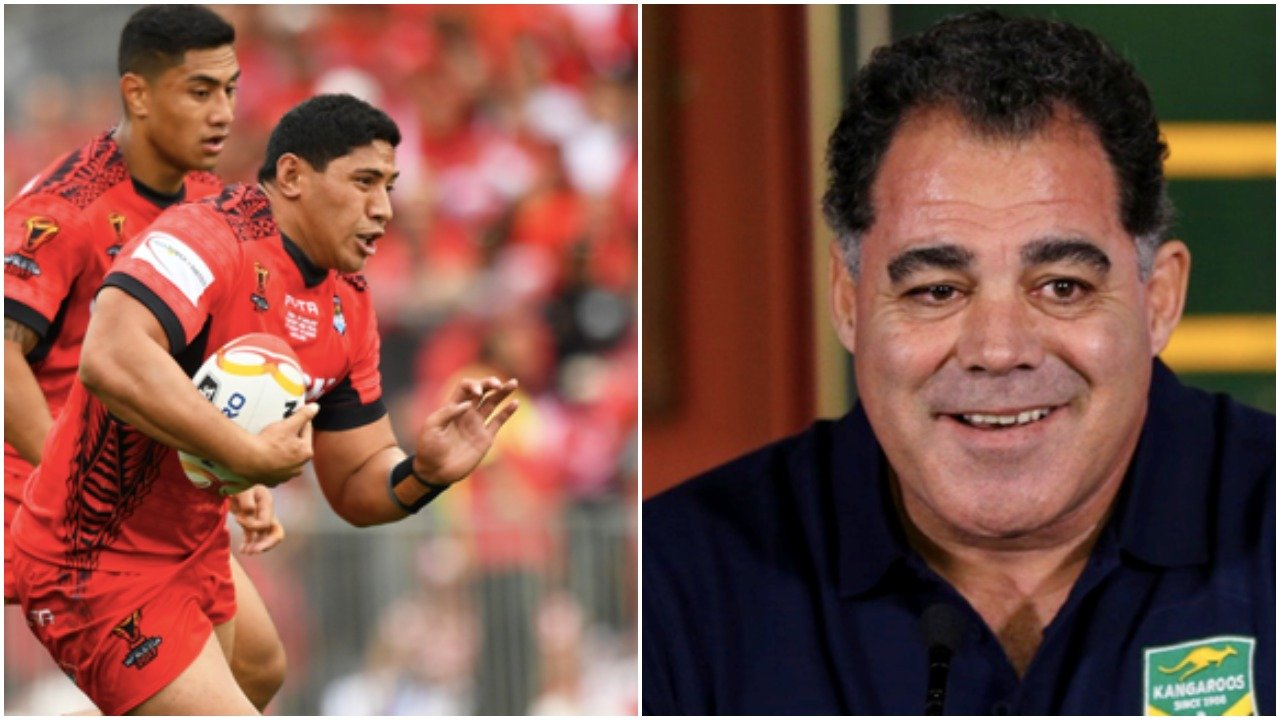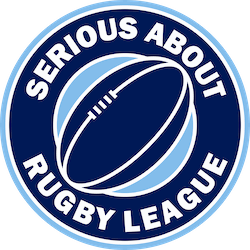
It’s been one of the main talking points over the past few days, but Mal Meninga has brought heat to the debate that Jason Taumalolo could represent Queensland in the State of Origin in the near future following potential rule changes.
The Origin selection criteria has previously made those that play for either Queensland or New South Wales ineligible to play for their country of birth or heritage and that shouldn’t be tampered with, according to Meninga.
International Rugby League deputy chairman Troy Grant has welcomed the proposed changes, claiming it will aid the international game, with 71% of NRL players born outside Australia or having parents or grandparents who were, including 52% of Pacific nations heritage, many struggle to make a representative decision. Kalyn Ponga, for example, cannot play for New Zealand due to to his choice of Queensland.
ARL commissioner and NRL innovation committee chair Wayne Pearce, who is also a member of the IRL board, will be conducting a review of the Origin selection criteria to ensure the best eligible players continue to be available for the Blues and Maroons.
Though this would pave the way for players that have lived in either NSW or Queensland before the age of 13 to be eligible and by removing the requirement that players must be available for Australia will allow those such as Taumalolo, Jahrome Hughes and Brandon Smith to play Origin, the selection process would not stretch to the likes of Josh Hodgson (England) or Shaun Johnson (New Zealand).
All were born in Australia or moved from New Zealand at a young age so qualify for Origin but are currently ineligible as they have played for the Kiwis.
International eligibility wouldn’t be impacted either as the Origin selection criteria is a domestic Australia policy which had attempted to strengthen the concept, but that has led numerous players who want to represent their heritage be left in the dark.
By being able to play State of Origin and then represent a country that isn’t Australia would almost certainly enhance the international game, but Origin cannot be undermined in the process otherwise it will lose its credibility.
The Pacific Islands have increased their share of representatives in Origin in recent years with the likes of Daniel Tupou (Tonga), and Junior Paulo (Samoa) in NSW’s 2020 squad whilst Xavier Coates (PNG) and Brenko Lee (Tonga) made the Queensland squad. Those players have, however, been outspoken in their allegiance to their country of heritage over Origin if the decision needed to be made. That decision would not need to be made under the new rules.
It has been met with intense criticism, however, with some claims that players should stick with their first choices and not be allowed to change. Whatever the outcome, the debate will continue to rage in the upcoming months.





























Wally
April 4, 2021 at 6:26 am
When you start changing the eligibility to play Origin, you are killing the thing that made ORIGIN what it is. If youi want to increase the International Game, why not have an International Origin ?
You could have Origin in the UK with England against Scotland, then Ireland against Wales. The Pacific Nations could be PNG, Tonga and Samoa against New Zealand or those four could draw for their opponents if need be. These games are played in one year and in the second year the winners could play off in a round robin to decide the eventual two sides that play in a final game. INTERNATIONAL ORIGIN.